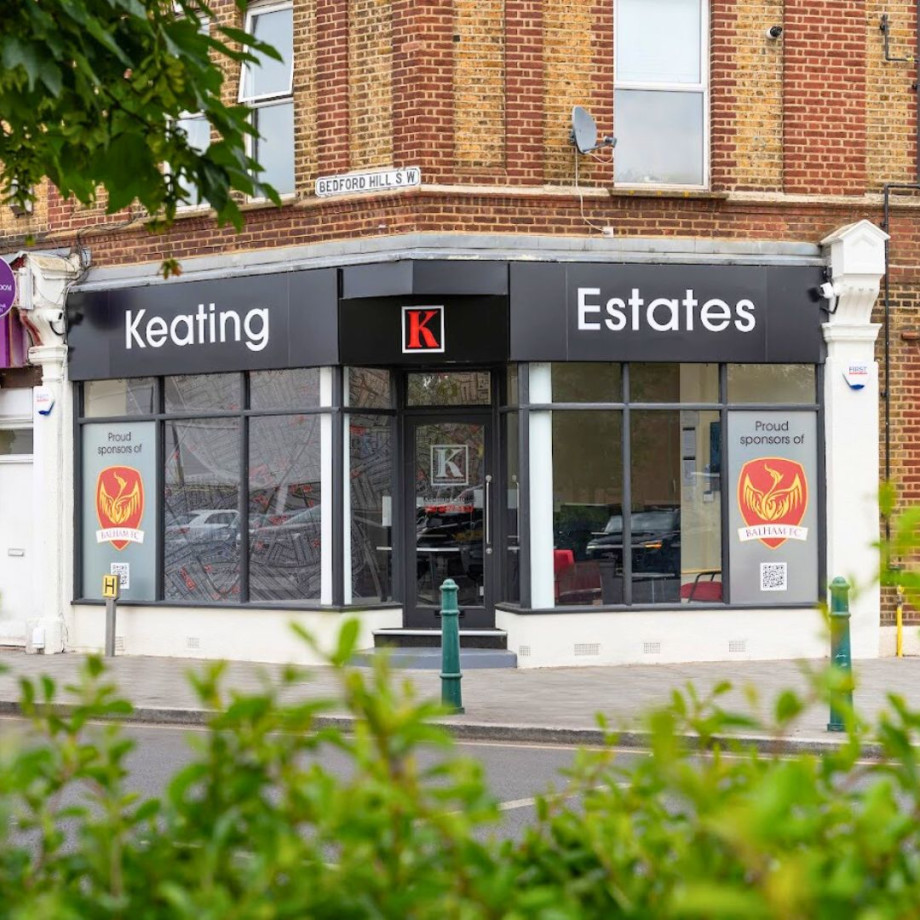Commercial driving is a high-responsibility profession, and ensuring safety on the road is paramount. One key aspect of maintaining road safety is compliance with the FMCSA random drug testing requirements. For CDL (Commercial Driver’s License) drivers, understanding how these tests work, who must participate, and how programs are managed is essential. In this blog, we’ll break down the process of FMCSA random drug testing for CDL drivers and explain how companies and independent operators can ensure compliance effectively.
Understanding FMCSA Random Drug Testing
The Federal Motor Carrier Safety Administration (FMCSA) mandates strict regulations to ensure that commercial drivers operate vehicles safely. Random drug testing for commercial drivers is one of the core requirements under these regulations. Unlike pre-employment or post-accident drug testing, random testing occurs unpredictably throughout the year, with drivers selected for testing based on a statistical methodology approved by the FMCSA.
Random testing aims to deter drug use among drivers, ensuring that everyone on the road adheres to safety standards. The FMCSA requires that each employer conduct a minimum percentage of random tests per year, currently set at 50% of all CDL drivers for drugs and 10% for alcohol testing. This ensures widespread coverage and maintains a strong safety culture within the transportation industry.
How CDL Drivers Are Selected for Random Testing
CDL drivers are selected for random testing through a computer-based system, which generates random selections without any bias. Every driver in the pool has an equal chance of being tested, whether they are full-time, part-time, or owner-operators. The selection process is entirely confidential, and drivers are notified immediately when chosen.
Employers or DOT random drug testing consortium programs can handle this process efficiently. These consortia are group programs where multiple carriers pool resources to manage FMCSA-required testing. For small fleets or independent drivers, joining a consortium ensures proper administration of random selection, testing, and reporting, while maintaining regulatory compliance.
Steps Involved in FMCSA Random Drug Testing
The process of FMCSA random drug testing for CDL drivers typically follows these steps:
-
Enrollment: Drivers are enrolled in the random testing pool, either by their employer or through a consortium such as Consortium Pool. Enrollment ensures that all eligible drivers are included in the random selection process.
-
Random Selection: A randomization software or consortium generates the list of drivers to be tested each month. The frequency aligns with FMCSA requirements, ensuring a statistically valid sample.
-
Notification: Selected drivers are notified immediately. Notification may occur through phone, email, or direct communication. The notification often includes instructions on where and when to report for testing.
-
Drug Testing: Drivers report to an authorized collection site for testing. The tests typically screen for five primary substances: marijuana, cocaine, amphetamines, opiates, and phencyclidine (PCP).
-
Laboratory Analysis: The samples are sent to certified laboratories for analysis. These laboratories follow strict federal guidelines to ensure accurate and reliable results.
-
Reporting: Results are reported to the employer or consortium. Any positive test triggers follow-up procedures, which may include suspension, rehabilitation, or termination, depending on the company’s policy and federal regulations.
Owner-Operators and Random Drug Testing
Independent CDL drivers, such as owner-operators, also fall under FMCSA regulations. Many participate in an owner-operator random drug testing program, which provides a compliant framework for managing their testing obligations. These programs allow owner-operators to remain compliant without the administrative burden of managing the random selection, testing, and reporting themselves.
Joining a consortium or program ensures that all testing procedures are correctly followed and documented, protecting drivers from regulatory violations while maintaining eligibility for commercial contracts.
Benefits of Joining a DOT Random Drug Testing Consortium
For both companies and independent drivers, a DOT random drug testing consortium offers several advantages:
-
Regulatory Compliance: Consortia are designed to meet all FMCSA standards, including random selection percentages, testing frequency, and reporting requirements.
-
Simplified Administration: Managing random drug testing in-house can be complicated. Consortia handle notifications, selection, testing logistics, and result reporting.
-
Cost-Effective: Pooling resources with other companies or drivers reduces per-driver costs for testing.
-
Documentation and Recordkeeping: Proper records are essential for audits and inspections. Consortia provide thorough documentation to maintain compliance.
-
Confidentiality and Neutrality: Random selection through a consortium removes bias or favoritism, ensuring that testing is fair and consistent.
Ensuring DOT Random Drug Testing Compliance
Compliance with DOT random drug testing compliance requirements is non-negotiable. Drivers and employers who fail to comply may face severe penalties, including fines, license suspension, and legal consequences. Key strategies for maintaining compliance include:
-
Regular Enrollment Updates: Ensure all eligible CDL drivers are consistently enrolled in the random testing pool.
-
Follow FMCSA Selection Guidelines: Adhere to the prescribed random selection percentages and notify drivers immediately.
-
Use Certified Laboratories: Always utilize federally certified labs for drug analysis.
-
Maintain Proper Records: Keep detailed documentation of all random tests, including dates, results, and follow-up actions.
-
Educate Drivers: Make sure all drivers understand the testing process and consequences of non-compliance.
Consortium programs like Consortium Pool simplify these tasks and provide ongoing support to keep fleets and independent drivers fully compliant.
Frequently Asked Questions About Random Drug Testing
How often are CDL drivers tested randomly?
CDL drivers are tested based on FMCSA-required percentages, currently 50% annually for drugs. The exact timing is random and may occur at any point throughout the year.
Can drivers refuse a random drug test?
Refusing a random drug test is considered a violation of FMCSA regulations and can lead to immediate suspension or termination.
Are owner-operators treated differently from company-employed drivers?
No. Owner-operators must also comply with FMCSA random drug testing requirements. Many join an owner-operator random drug testing program to manage compliance efficiently.
What substances are tested in FMCSA random drug testing?
Tests typically screen for marijuana, cocaine, amphetamines, opiates, and PCP. Alcohol testing may also be included, with different thresholds and procedures.
How can drivers or companies join a consortium?
Enrollment in a DOT random drug testing enrollment program is straightforward. Providers like Consortium Pool offer comprehensive services, including random selection, testing coordination, and reporting.
The Role of Technology in Random Drug Testing
Modern DOT random drug testing compliance programs leverage technology for efficiency. Computerized random selection, digital notifications, and electronic recordkeeping minimize errors and ensure timely testing. For large fleets or consortiums, technology allows seamless coordination and compliance tracking. This reduces administrative burdens and increases transparency across the program.
Why Random Drug Testing Matters
Random drug testing for commercial drivers is more than a regulatory requirement—it’s a critical safety measure. Impaired driving significantly increases the risk of accidents, property damage, and fatalities. By adhering to FMCSA regulations, employers and independent drivers demonstrate a commitment to safety, reliability, and professionalism in the transportation industry.
Participating in a DOT random drug testing consortium strengthens accountability and helps drivers and companies maintain a positive reputation with clients and regulatory authorities alike.
Conclusion
FMCSA random drug testing is a structured, legally mandated program designed to keep CDL drivers and the public safe. By understanding the selection process, testing procedures, and compliance requirements, drivers and employers can navigate these regulations efficiently. Programs like Consortium Pool offer comprehensive support, from DOT random drug testing enrollment to managing reporting and documentation, ensuring that drivers, fleets, and owner-operators remain fully compliant.
Adhering to FMCSA random drug testing requirements not only prevents legal issues but also contributes to a safer transportation ecosystem. Whether you are a fleet manager, company driver, or independent operator, participating in a consortium and staying informed about random testing processes is essential for long-term success and road safety.














